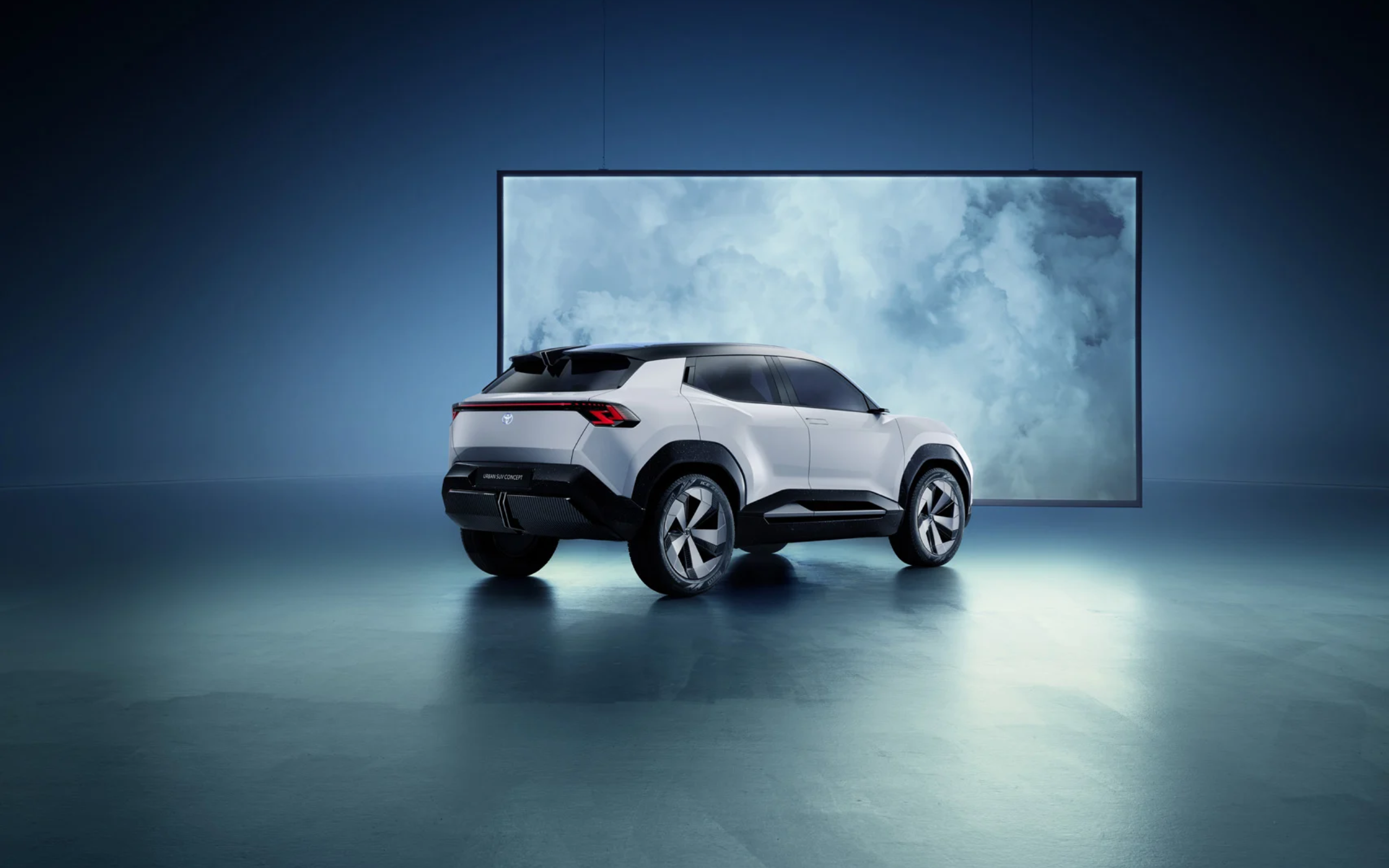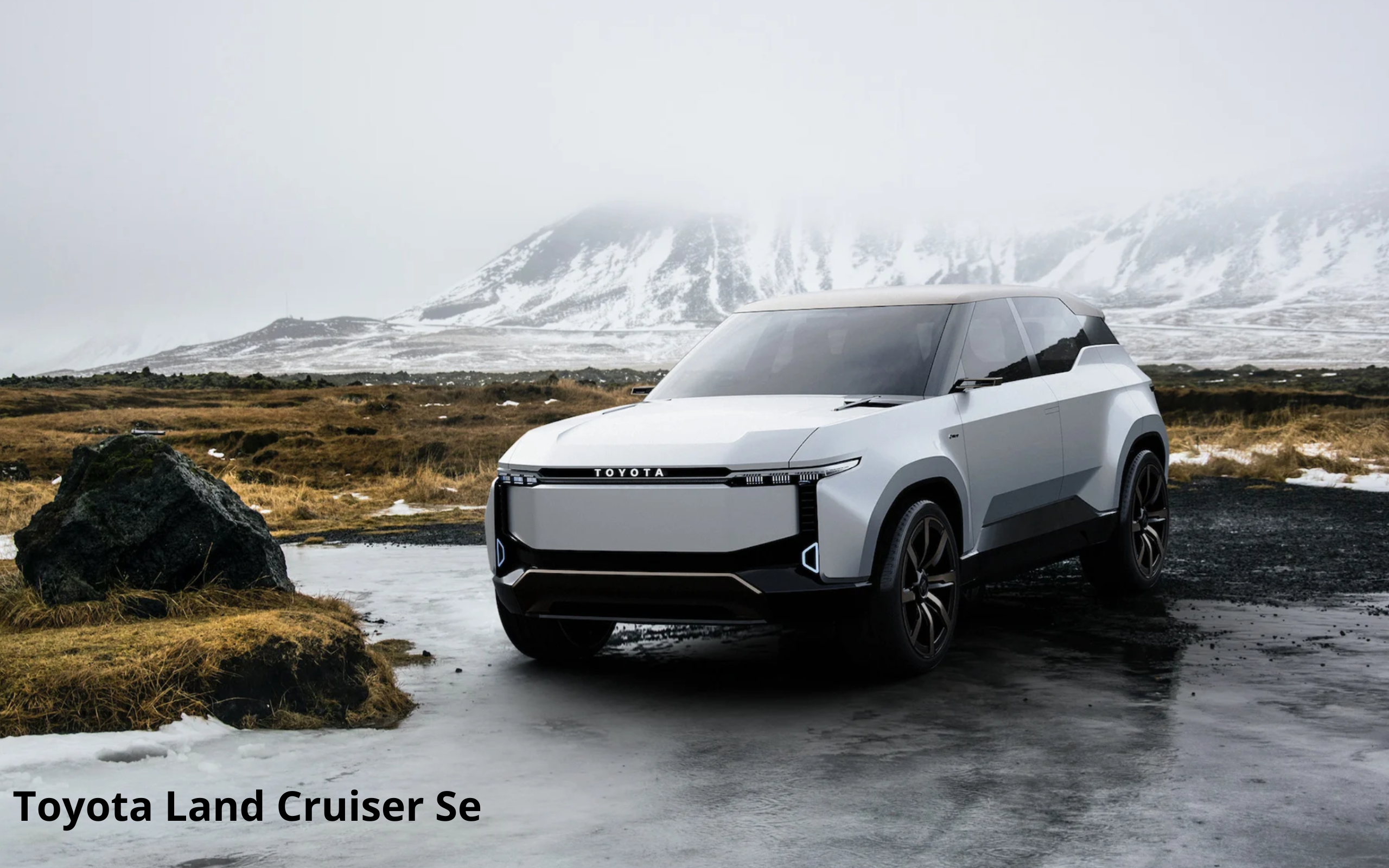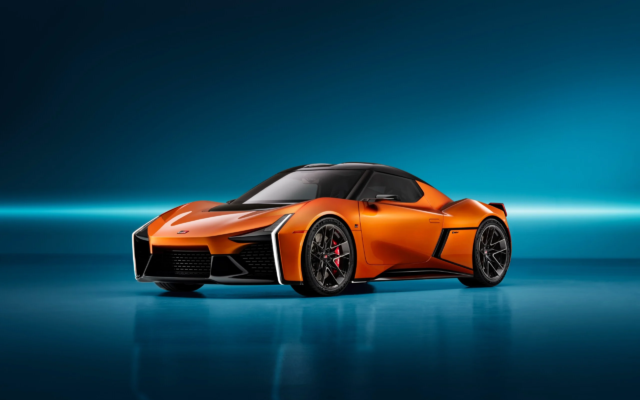Still a bit behind in the electric vehicle race, Toyota is determined to make a big push to catch up. To this end, the Japanese firm will produce its very first solid-state battery starting in 2026. The project has just been approved by the Japanese government.
Until now, Toyota has never truly believed in electric vehicles. The company’s leader, Akio Toyoda, claimed that this technology was hardly less polluting than plug-in hybrids.
A New Solid-State Battery
But since his departure and the arrival of Koji Sato at the helm of the brand, things have slowly started to change. Last year, the company unveiled its plan to catch up in this field and conquer the market. This will include very high ranges, around 1,000 kilometers, very fast charging, and new technologies, including the development of the solid-state battery.
This battery was mentioned in July 2023 and is expected to allow for up to 1,500 kilometers on a single charge, with a charging time of just 10 minutes. We now know a bit more about this technology, which offers numerous advantages. Indeed, the Chinese site AutoHome reports that the Japanese manufacturer, headquartered in Aichi Prefecture, has just reached a particularly important milestone in its development.

And for good reason, the Japanese government has just approved the brand’s production plan for solid-state batteries, also known as semiconductor batteries. This is excellent news for the company, which will become one of the first manufacturers in the world to commercialize passenger cars using this technology. The factories are expected to start slowly ramping up production from 2026.
However, production capacity will initially be quite limited, and it should increase starting from 2027 or 2028, although the manufacturer has not provided details on the quantity that will come off the production lines. In fact, it will be necessary to wait until 2030 for large-scale production to truly begin, with an announced annual target of 9 GWh. This would be enough to produce around 90,000 electric cars equipped with 100 kWh batteries.
By comparison, Tesla planned in 2022 to produce 100 GWh per year at its Gigafactory in Berlin, with a potential expansion to up to 250 GWh in the future.
Many Advantages
According to the Chinese site, the brand’s electric cars equipped with this new battery could achieve a range of over 1,200 kilometers. This figure is likely based on the CLTC cycle in China, which translates to about 1,020 kilometers under the WLTP standard. This would be a record currently, potentially helping many still-skeptical drivers to make the switch. Range remains a significant barrier to the adoption of electric vehicles at present.
Moreover, the solid-state battery also offers very high energy density, allowing for more electricity storage without increasing size. This positively impacts the car’s weight, consumption, and range. Additionally, because this battery uses a solid electrolyte instead of a liquid one, it is safer, especially in the event of an accident. The risk of overheating and explosion is significantly reduced, which will also positively affect insurance costs in the long run.

Finally, the solid-state battery is also cheaper to produce, which will allow vehicles equipped with it to have a lower price. This explains why many other manufacturers are also very interested in this technology, including the SAIC Group, owner of MG, and Nissan. The Japanese firm is expected to start producing its battery from 2028. It should be able to recharge in just six minutes.












